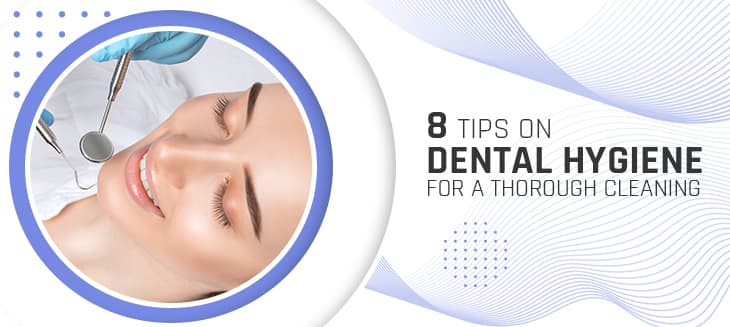How Fluoride Helps Prevent Tooth Decay
Tooth decay is one of the most common dental issues in the UK, affecting millions of people every year. Whether you're sipping on a flat white at your favourite café or indulging in a sugary treat from Borough Market, your teeth are constantly exposed to substances that can weaken enamel and lead to cavities. That's where fluoride comes in - a natural mineral hailed as a superhero in oral health.
What Is Fluoride?
Fluoride is a naturally occurring mineral found in soil, water, and certain foods. Think of it as nature's gift to your teeth. When fluoride interacts with your enamel - the hard outer layer of your teeth—it helps strengthen it against acid attacks caused by bacteria and sugar.
How Fluoride Prevents Tooth Decay
So, how does this humble mineral actually prevent tooth decay? To understand its magic, let's break it down into three key actions:
- Strengthening Enamel: Fluoride binds to the minerals already present in your enamel, creating a more robust structure called fluorapatite.
- Repairing Early Damage: Before a cavity forms, small areas of weakened enamel (known as demineralisation) can often be reversed. Fluoride promotes remineralisation.
- Reducing Bacteria Activity: Harmful bacteria thrive on sugars left behind after eating. Fluoride interferes with their ability to stick to teeth.
Sources of Fluoride in the UK
- Fluoridated Tap Water: About 10% of England's population receives fluoridated tap water.
- Toothpaste: Toothpaste typically contains between 1,000 and 1,500 parts per million (ppm) of fluoride.
- Mouth Rinses and Gels: Over-the-counter rinses and prescription gels offer additional protection.
- Professional Treatments: During routine visits, dentists may apply fluoride varnish or gel.
Benefits of Using Fluoride Toothpaste
Adults should choose toothpaste with at least 1,350 ppm fluoride, while children need formulas tailored to their age group.
Conclusion
Fluoride isn't just another ingredient in your toothpaste - it's a vital tool in safeguarding your oral health. From strengthening enamel to reversing early damage, its benefits are undeniable.









